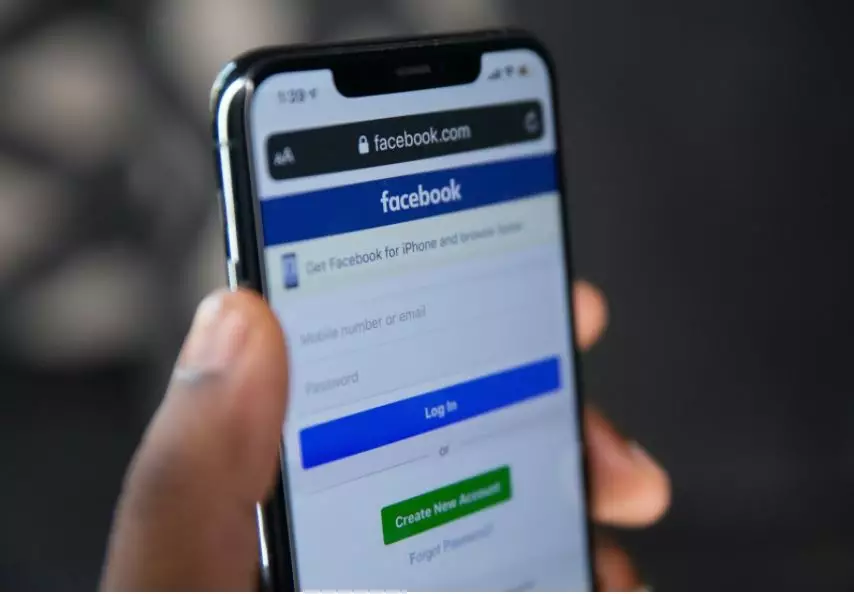With over 2.7 billion active monthly users, Facebook has become a popular destination for media companies hoping to approach new audiences.
But funneling time and money into Facebook feeds a growing list of problems. Most recently, a series of nonprofit groups asked companies all over the world to temporarily pull their advertisements from the big tech company. This “Hate for Profit” boycott was meant to pressure Facebook to take action against hate speech and misinformation on the platform.
Since then, the social media platform has taken some small steps to better itself, like promising to hire a new VP of civil rights and removing more posts that suppress voting — yet, it isn’t nearly enough.
The boycott showcased the seriousness of Facebook’s flaws, but it was also temporary, meaning that the social giant expected its advertisers to come back.
In Mark Zuckerberg’s words, “all these advertisers will be back on the platform soon enough.”
But the disadvantages of using Facebook extend beyond advertising. Media companies that use the platform organically, without investing any advertising dollars, also face a series of consequences. And Facebook isn’t taking action to resolve these issues.
Clearly, a temporary boycott of the platform won’t cut it anymore. Here’s why you may want to consider making your boycott or disuse of the platform a little more permanent.
The Ongoing Spread of Incivility and Misinformation
Facebook is notorious for enabling the spread of misinformation, racism and voter manipulation. Unfortunately, the social media giant relies on a moderation system that can’t effectively sift through and block all offensive posts and fake news.
Not to mention that its algorithms will amplify the reach of content and groups with high engagement rates, regardless of its nature. In many cases, hate groups are even allowed to exist and are recommended to other users on the platform.
“From the monetization of hate speech to discrimination in their algorithms to the proliferation of voter suppression to the silencing of Black voices, Facebook has refused to take responsibility for hate, bias, and discrimination growing on their platforms,” Color of Change, a racial justice organization, writes on its website.
Now imagine what happens when your content is thrown into the mix of misinformation, trolls, bots and discrimination.
Ultimately, your brand’s credibility is significantly reduced on Facebook since so many people don’t trust the content they come across on the platform.
Whether it be due to the Cambridge Analytica data scandal or the ongoing incivility, many people have already lost trust in the social platform. So how can you possibly nurture an audience that trusts your brand in such a volatile environment? A month-long or even year-long boycott isn’t going to help regain the trust of Facebook users.
No Audience Ownership
Facebook poses more challenges to media companies than just fake news and offensive comments. It also acts as a barrier between businesses and audiences, often preventing brands from accessing the proper data needed to form close connections with users.
If you use the platform as a primary way to attract and nurture consumers, you’re stuck with the limited insights Facebook provides. In other words, you can forget about getting in-depth first-party data or engagement data on your community members.
On Facebook, the only company that gets ownership over your community and its data is Facebook.
And here’s the problem with that: By missing out on consumer data, the opportunity to understand your consumers to improve and monetize their experiences with your brand is slipping through your fingers.
Actionable first-party data can be used to build valuable, personalized consumer experiences.
“Our ability to capture interaction data at scale, turn it to insight and leverage it broadly across our organization will define our success,” states Troy Young, Hearst Magazines’ president.
Limited Control Over Your Content
Facebook’s algorithm is constantly changing. Businesses have been disrupted time and time again as the platform changes how content’s prioritized in the News Feeds.
According to Hootsuite, a social media management platform, posts by brands on Facebook during late 2019 were seen by around 5.5% of their social media followers.
This means that 94.5% of their Facebook followers would never even see posts from brands in the News Feed.
Additionally, media companies are powerless to where their content is displayed to users. Your precious articles could even be sandwiched between fake news or offensive user posts in someone’s Feed.
Media companies simply don’t have enough control over how their content is showcased and who can see it on Facebook.
In fact, Facebook hid potentially live-saving information related to COVID-19 from users during the early stages of the pandemic.
Whether or not the social media platform can solve its misinformation and incivility challenges, it will always hold all of the cards when it comes to displaying your content — and that might not be in your company’s best interest.
A temporary boycott simply isn’t effective enough to convince the social media giant to renounce its power over your content.
Loss of Revenue
Pew Research Center notes that Facebook owned 42% of all digital display advertising revenue in 2019.
By using Facebook as an advertising platform, not only are you helping to fund the site, but you’re also losing a cut of your advertising revenue to them.
Instead of giving a share of your ad revenue to Facebook, you can make the most of your company’s digital properties by running your in-house and third-party ads right on your platform.
Consider leveraging the social spaces within your own website or app to run advertisements to maximize the engagement around your ads.
At the end of the day, Facebook presents issues far beyond damaging the reputation and revenue earnings of your company — it also stands in the way of keeping people informed, safe and aware of deep-rooted prejudices.
While Facebook must continue improving itself, don’t let the success of your brand and safety of internet users be tied to the social media giant. This is the time to stop focusing on investing in a company that’s bringing yours down. Instead, focus on building up your own brand outside of Facebook’s influence.


